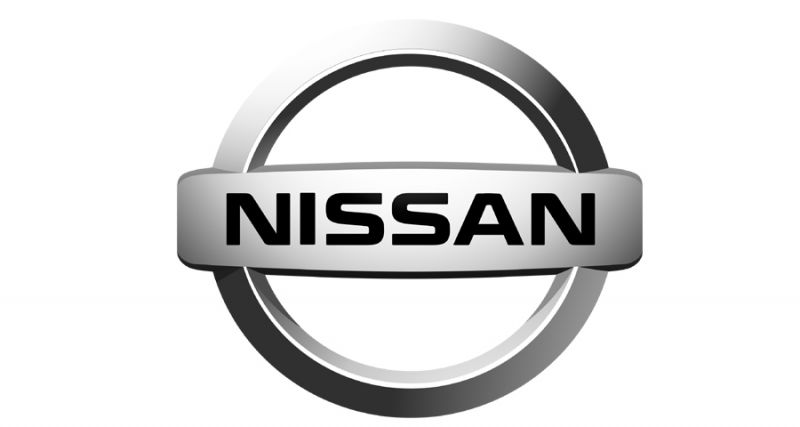Tokyo: Japanese automaker Nissan on Thursday logged a 10.9-percent drop in net profit for the six months to September owing to a decline in global sales and rising materials costs.
The results come as Nissan struggles to recover trust after an inspection scandal last year, while it suffered a new blow when it acknowledged in July that data on emissions and fuel economy had been deliberately “altered”.
The firm’s bottom-line profit fell to 246.3 billion yen ($2.2 billion) from 276.5 billion yen registered in the same six-month period last year.
Sales came in at 5.5 trillion yen, down 2.1 percent on-year, but the firm — allied with Renault SA of France — maintained its annual forecasts of net profit of 500 billion yen on sales of 12 trillion yen.
“Unfortunately, both sales and profit continued to fall in the second quarter, facing such headwinds as declines in emerging economy currencies and rising raw material costs,” Chief Financial Officer Hiroshi Karube told a news conference.
Global vehicle sales fell 1.8 percent to 2.68 million units for the six months because of declines in North America and Europe, according to the Yokohama-based maker of the March subcompact, Leaf electric car and Infiniti luxury models.
Sales incentives in North America fell but remained high, placing additional pressure on profits, Karube said.
The gloomy results were in sharp contrast with upward revisions of full-year forecasts by rivals Honda and Toyota, which both also posted sales and profit gains for the six-month period.
“Nissan is lagging behind its rivals as its performance in North America is not good, with the cost of incentives staying high,” said Satoru Takada, an analyst at TIW, a Tokyo-based research and consulting firm.
At the news conference, Karube said it was too early to assess the impact of US midterm elections on its business.
“Since Nissan supports a free-trade system, we hope the system will be as free as possible,” he added.
Japanese automakers remain on edge after Donald Trump threatened to impose tariffs them, though immediate action by Washington has been put off for now.
“Trade rows are still hanging over the Japanese auto industry,” Takada said.
In September, Trump and Japan’s Prime Minister Shinzo Abe announced they would start negotiations on a trade deal.
The two leaders also agreed the US will not impose additional tariffs on Japanese-made cars as long as the talks continue.
[source_without_link]AFP[/source_without_link]

